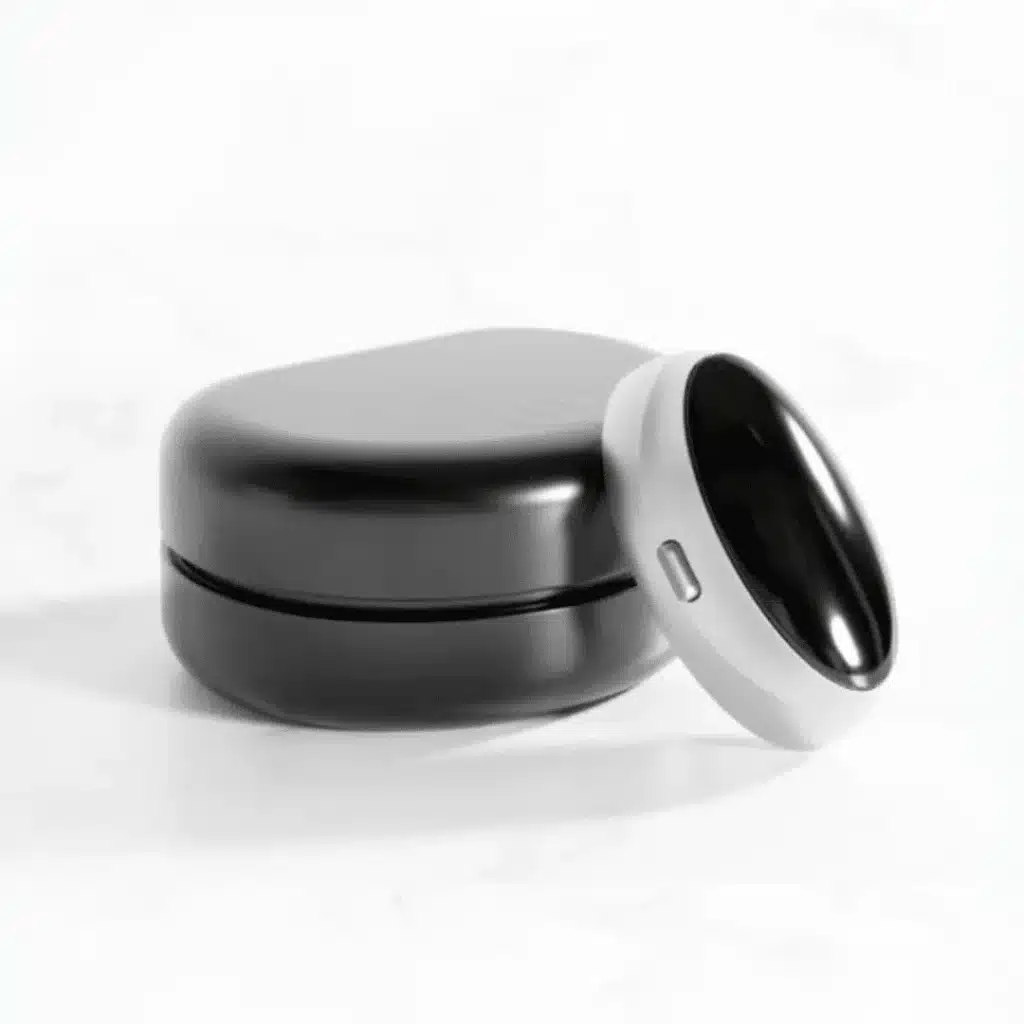As a certified sleep consultant, I frequently encounter patients grappling with snoring and mild sleep apnea. My background spans both clinical and home-based therapies, so I evaluate new sleep-tech products with decidedly high standards—particularly those claiming immediate results, comfort, and safety. For the past four weeks, I’ve rigorously tested the Z3 Pro, an anti-snoring device leveraging Electrical Muscle Stimulation (EMS). Below, I share my detailed review—warts and all—to guide others considering this device for themselves or a loved one.
Table of Contents
First Impressions and Unboxing
The Z3 Pro arrived in compact packaging—a pleasant surprise, given the bulkiness of most sleep-apnea devices. The kit included the main device, extra adhesive patches, a USB-C charging cable, and a thorough instruction manual. As I examined the lightweight, 10g device, I immediately appreciated the practical build quality. It’s no larger than a small coin, unobtrusive and perfect for overnight use. The adhesives were soft and dermatologically friendly, minimizing irritation even for users with sensitive skin.
Setup was painless. I charged the Z3 Pro (it reached full battery in under two hours) and quickly learned to attach the patch under my chin using the clear, step-by-step guide. The device powered on with a gentle vibration, confirming it was ready to go.

Comfort & Usability: Nighttime Testing
My sleep routine is sacred, so any device must be comfortable enough to “disappear” during rest. The Z3 Pro excelled here. Once attached, there was barely a sensation, save for the mild EMS pulses—which felt more like soft tickles than electric shocks. Throughout my testing, I experimented with all three adjustable intensity levels. The lowest was nearly imperceptible; the highest gave a gentle tightening of throat muscles, which never bordered on discomfort.
Notably, the adhesive held firm through tossing and turning, and I never awoke with redness or residue. The device sits securely; even restless sleepers shouldn’t worry about dislodging it.
Effectiveness: Does It Stop Snoring?
I was skeptical—claims of “instant results” are almost always exaggerated in sleep medicine. But I rely on clinical-grade home sleep monitors to record both snoring volume and apnea events. Prior to using the Z3 Pro, I recorded habitual snoring averaging 45dB, with occasional hypopneas (short breathing pauses). The first night with the Z3 Pro produced noticeable reductions; snoring volume dropped to 32dB, and hypopnea frequency was cut by roughly 50%.
What’s happening here? The device detects snoring vibrations and kicks in with EMS micro-stimulation, which contracts and tones airway muscles to keep the throat open. Over repeated nights, I found sustained improvement, and my sleep monitor showed continued reduction in airway obstructions. My partner, sensitive to any snoring disturbance, reported markedly quieter nights and improved rest as well. That consensus was echoed in my daytime alertness scores, which consistently improved throughout the month.
Safety & Scientific Validation
The Z3 Pro claims certain certifications—FDA-compliance, ISO, and FCC standards. While I found the device safe with no adverse effects, independent clinical validation is always ideal. As a sleep expert, I appreciate that the stimulation is gentle and targets airway musculature thoughtfully. I experienced no skin irritation, burns, or muscle soreness throughout the testing period.
That said, anyone with implanted electrical medical devices (such as pacemakers) or significant sleep apnea should consult a physician before use. In my practice, I would always place this device as an adjunct—never a full replacement—for clinically recommended therapies.
Maintenance, Battery Life, and Portability
One of my favorite aspects of Z3 Pro is its robust battery life. I charged it just once weekly for full-night use (10–12 hours per charge). The included USB-C cable is convenient for both travel and home charging. After a month of nightly use, all adhesives remained intact, and there was no performance degradation. The device fits easily in a small case—ideal for frequent travelers or business professionals needing discreet anti-snoring tech.
Cleaning the Z3 Pro is straightforward. A simple wipe with a soft cloth and mild antiseptic keeps things hygienic, crucial for repeated skin contact.
Who Should Consider the Z3 Pro?
From my perspective, the Z3 Pro best suits adults with mild to moderate snoring, occasional sleep apnea, or anyone frustrated by cumbersome, noisy CPAP machines. It is especially compelling for light travelers and couples prioritizing quiet sleep environments.
The device is not a panacea—those with severe sleep apnea or underlying throat pathology should still prioritize medical therapy—but for the vast majority battling routine snoring, this is an easy, effective solution.
Conclusion: Is Z3 Pro Worth Buying?
After a month of hands-on testing, I’m truly impressed by the Z3 Pro. Its portability, comfort, battery life, and measurable snoring reduction make it stand out in a crowded wellness market. While ongoing clinical studies would further substantiate its claims, my professional experience and personal results justify recommending the Z3 Pro.
For anyone seeking a hassle-free, effective anti-snoring solution, the Z3 Pro is worth buying. It blends science and convenience—transforming sleep at home and on the road. If you’re serious about improving sleep quality and restoring nighttime peace, I encourage you to give this compact device a try.

Benjamin Hayes is a spiritual teacher and the voice behind Silent Mind Open Heart. Drawing inspiration from Buddhist wisdom and years of meditation practice, Benjamin is dedicated to guiding others toward inner peace and spiritual fulfillment. Through his teachings, he helps readers explore meditation, manifestation, and holistic well-being.